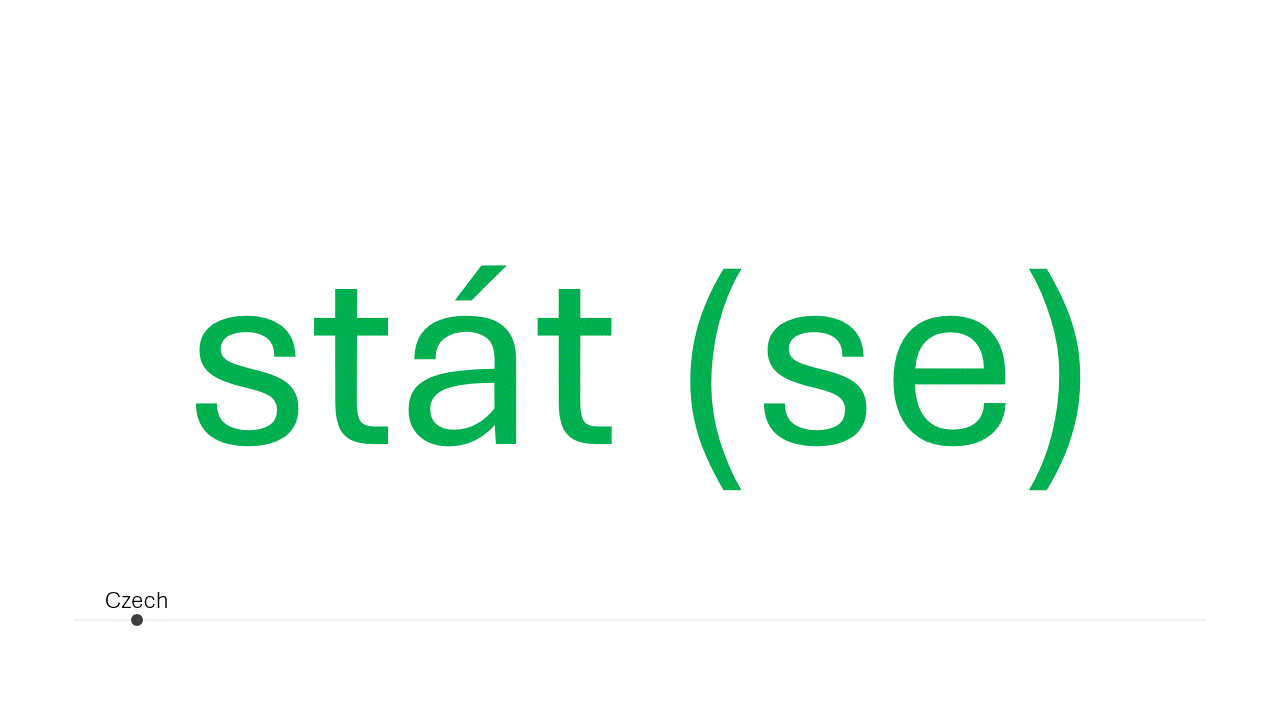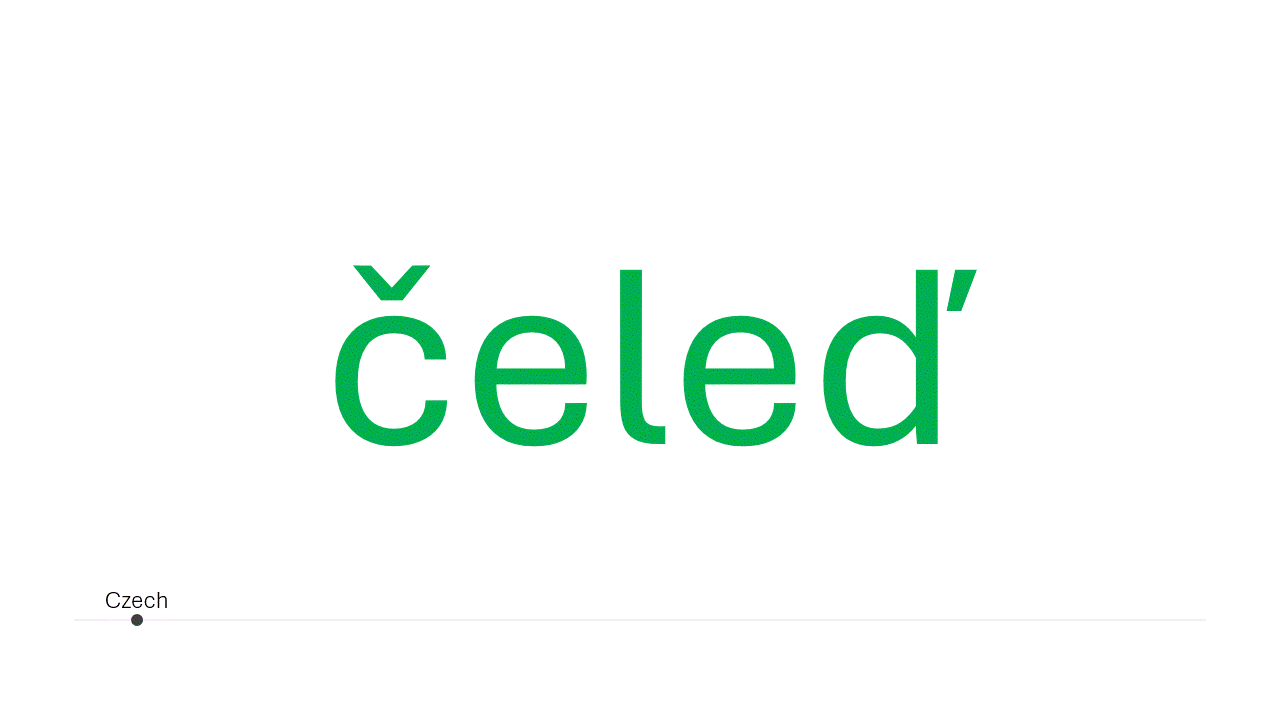Talíř (plate)
Talíř (plate) is related to the English verb ‘to tally’ (meaning to count). Their journeys are both very different which is why they seemingly have nothing to do with each other.
The Etymological Tree:
Talíř ↔ Tally Connection:
Talíř (plate) is related to the English verb ‘to tally’ (meaning to count). They’re both related to the idea of cutting, but in order to make sense of it, we have to take it one step at a time.
From Middle French to Czech:
The Czech word ‘talíř’ came from the Middle High German ‘teller’ where it also meant ‘plate’. That word in turn came from the Middle French word ‘tailloir’ which meant ‘plate’ or ‘cutting board’. Each time the word jumps from one language to the next, it naturally undergoes a phonetic change.
The Meaning of Plate:
Actually, the meaning of ‘tailloir’ in Middle French was probably closer to that of ‘chopping board’ because it usually referred to a wooden board or plate upon which food was cut before being served. However, this was obviously more broadly adopted as ‘plate’ in German and then Czech. This comes from an Old French verb ‘taillier’ meaning ‘to cut’ and provides the obvious connection to ‘chopping board’. That notion of cutting is actually what gives us the connection to English.
Tally Sticks:
From the Old French ‘taillier’ we get to the related Old French word ‘taille’ or ‘tallie’ which means a ‘cut’ or a ‘notch’. However, it also means ‘levy’ or ‘tax’, which brings us to the idea of tally sticks. Tally sticks were wooden sticks (or bone) upon which notches were made to record numbers, quantities, messages and taxes. Once adopted into English, this word then gives us ‘taille’ which is a kind of tax and ‘tally’ which means ‘to count’.
Derived Terms:
Talířek / saucer or small plate
Tail / this is a legal term in English meaning a ‘cut of inheritance’



Vědět (to know) is connected both to vidět (to see) in Czech and ‘wit’ in English meaning ‘intellectual ability’ and ‘to know’; the latter verb form is now largely obsolete.